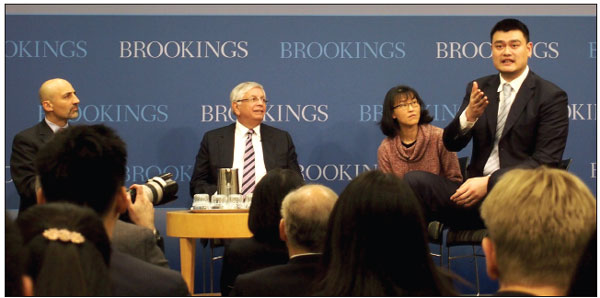Washington-based think tanks going Chinese
Updated: 2015-11-27 12:00
By Chen Weihua(China Daily)
|
|||||||||
|
Former NBA star Yao Ming talks about sports and cultural diplomacy at the Brookings Institution in Washington on March 28, 2014. From left, moderator William Antholis, a senior fellow at Brookings; David Stern, commissioner emeritus of the National Basketball Association, and Yao's interpreter. Chen Weihua / China Daily |
With China's fast rise, think tanks in nation's capital are expanding their related work on the country, Chen Weihua reports from Washington.
On Sept 22, the day Chinese President Xi Jinping landed in Seattle for his first state visit to the United States, one event in the Emerald City didn't really make any headlines.
The Brookings Institution, the top-ranked think tank in the US and worldwide, inaugurated its China Council in a ceremony held at the law offices of Dorsey and Whitney in the Columbia Center building, the tallest in Seattle.
The ceremony was followed by a public event at Seattle University, where some of Brookings' top China scholars, such as Jeffrey Bader, David Dollar and Cheng Li, joined Washington State's Democratic Congressman Rick Larsen, co-chair of the House US-China Working Group, and several others to explore the challenges and prospects of US-China relations.
Brookings setting up its China Council is an example of a new and expanded focus going on among the close to 400 think tanks in the nation's capital: China. Simply put, the world's second-largest economy is a hot topic among the think tanks, and on an average day they put on multiple events, ranging from discussions on China's economic slowdown and its actions on climate change to tensions in the South China Sea and the newly launched Asia Infrastructure Investment Bank.
Brookings' China Council is designed to provide financial and intellectual support for its John L. Thornton China Center in Washington and the Brookings-Tsinghua Center in Beijing, both set up in 2006. Its founding members include more than a dozen business and opinion leaders such as former US ambassador to China Jon Huntsman and Yahoo co-founder Jerry Yang. John Thornton, co-chair of the Brookings' board and Qiu Yong, president of Tsinghua University, serve as honorary co-chairs.
Martin Indyk, Brookings' executive vice-president and a two-time US ambassador to Israel, described the centers in Washington and Beijing as "two parallel operations that enhance each other" and a vision by Thornton.
Bench of scholars
While saying that the Thornton center has built a "deep bench of scholars" on China, Indyk acknowledged that resources at the Tsinghua center are limited.
Qi Ye, director of the Brookings-Tsinghua Center and an expert on China's low carbon policies, is now the only resident scholar while other Chinese and American scholars associated are all non-resident.
"We felt we really needed to build up the Brookings-Tsinghua Center as well, so this would be more like in parallel in terms of the capabilities," said Indyk, citing the growing policy issues that need to be tackled with China's rise.
"To do that, we decided that it makes sense to have a group of individuals, corporations, both American and Chinese, who would support the work of both centers, and who would see the value of independent research by a think tank, both for China and for United States," he said.
With the launch of the China Council, the Tsinghua center plans to add three more residential scholars over the next three years, recruit two post-doctoral fellows a year, establish a regular visiting scholar program, create a new academic advisory committee and expand office space. The Thornton center will expand by forging ties with Tsinghua, launch signature forums, recruit young rising stars, establish endowed chairs, name visiting scholarships and sponsor internships.
Expanding research
Brookings is not alone in expanding research on China.
The Carnegie Endowment for International Peace (CEIP), set up in 1910 and housed in a building next to Brookings on Massachusetts Avenue, was once focused on transatlantic issues and the Soviet Union. But it started to hire scholars to work on the Chinese economy, politics and strategy starting in the 1990s with China's rise.
"If we are going to be taken seriously as a think tank and be competitive in Washington, we have to be in the game of analyzing China as well," said Douglas Paal, vice-president for studies and director of the Asia program at CEIP.
CEIP is ranked second in the US by the Think Tanks and Civil Societies Program (TTCSP) at the University of Pennsylvania, which annually publishes The Global Go To Think Tank Index Report.
Paal joined CEIP in 2008 after working on China at various US government departments, from the White House and the State Department to the Central Intelligence Agency. He was an unofficial US representative to Taiwan as director of the American Institute in Taiwan from 2002 to 2006.
In 2010, CEIP launched its Carnegie-Tsinghua Center for Global Policy at Tsinghua University in Beijing, which focuses more on issues relating to China's foreign relations, energy and climate change.
The center regularly brings together Chinese and US experts for conferences. The one on China-US security cooperation held in June this year amid the growing tension in the South China Sea drew a high-caliber panel that included CEIP President William Burns, who was US deputy secretary of state until a year ago; Stephen Hadley, US National Security Advisor under President George W. Bush; Gary Roughead, chief of US Naval Operations from 2007 to 2011 as well as He Yafei, China's former vice- foreign minister and Chen Xiaogong, former vice-commander of the People's Liberation Army Air Force.
Paal has been kept busy too, travelling frequently to China.
The same trend of having a greater focus on China and all of Asia is happening at the Atlantic Council think tank, which has long focused on trans-Atlantic issues. The council is said to be debating whether to change its name after expanding its research to include Asia, Africa and Latin America. The council has quadrupled in size since Fred Kempe, a former Wall Street Journal journalist, took office in 2007 as president and CEO.
Robert Manning, a senior fellow at the Brent Scowcroft Center on International Security at the Atlantic Council, said unlike Brookings, its China research is still scattered at various centers. "But it's already amazing for one that traditionally focuses on trans-Atlantic studies," said Manning, who had worked in the State Department, the National Intelligence Council and as director of Asian studies at the Council on Foreign Relations.
The centers on Latin America, Africa and South Asia and the programs on energy and global business and economy all conduct research relating to China.
Manning's words are reflected in Washington's think tanks today.
Jon Huntsman, chairman of the Atlantic Council, has encouraged the council to do more on Asia and China, according to Manning.
"We are trying to institutionalize ongoing Asian programs, so far I have been doing more from project to project," Manning said, adding that funding is still an issue.
- Britain's Cameron says time to bomb militants in Syria
- Russia accept full suspension from athletics
- Turkish and Russian FMs to meet in Belgrade
- S.Korea, DPRK agree to hold vice ministers' meeting for improved ties
- Avoiding escalation over Russian warplane downing
- Rights panel presses US over scientists' cases
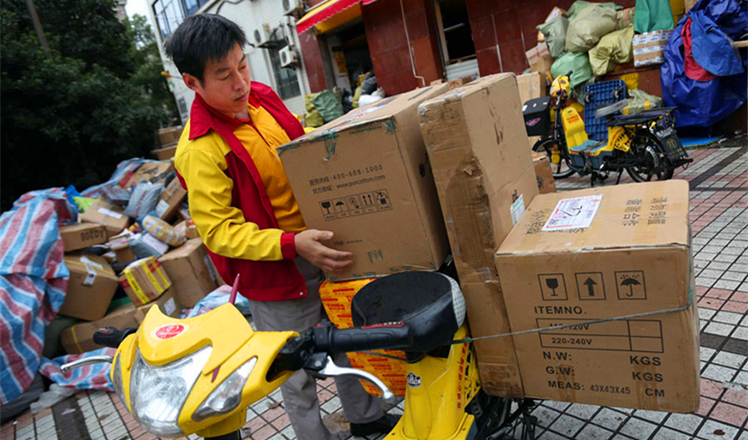
 A day in the life of a deliveryman
A day in the life of a deliveryman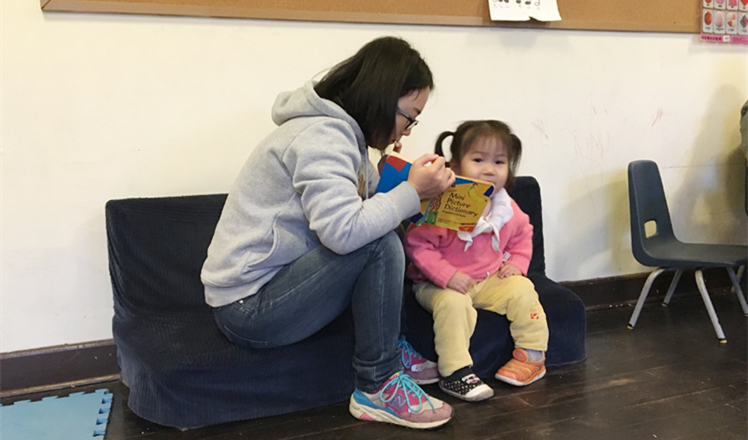
 Orphanage shows love and compassion across borders
Orphanage shows love and compassion across borders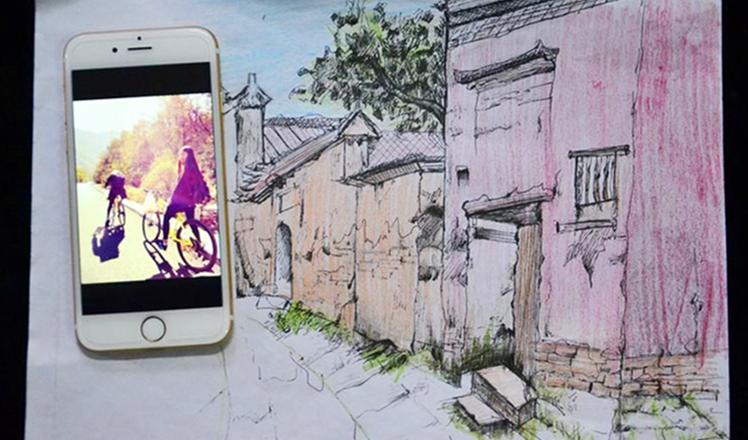
 College student paints creative travelogue
College student paints creative travelogue
 Macy's Thanksgiving Day Parade colors NYC
Macy's Thanksgiving Day Parade colors NYC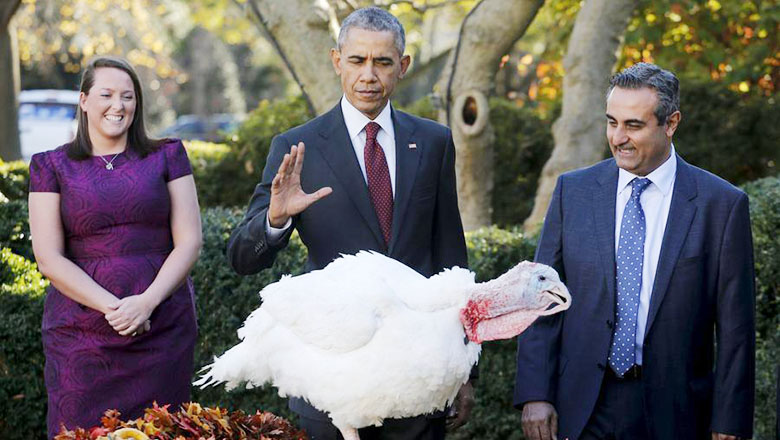
 Obama pardons National Thanksgiving Turkey 'Abe'
Obama pardons National Thanksgiving Turkey 'Abe'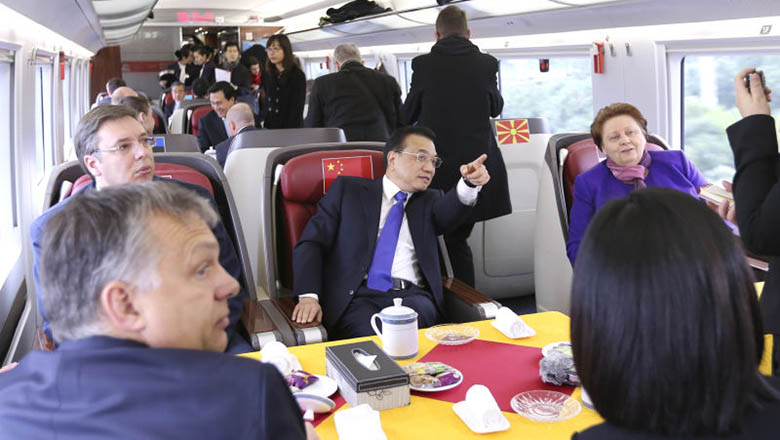
 Premier road show: Li takes CEE leaders on high-speed train ride
Premier road show: Li takes CEE leaders on high-speed train ride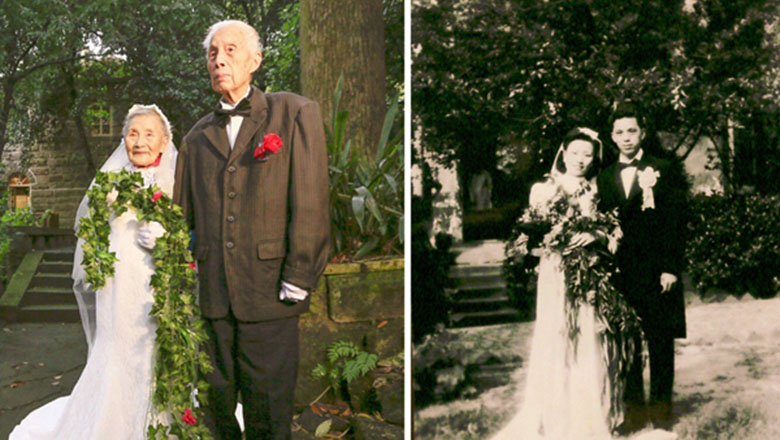
 Trending: Love through war and peace
Trending: Love through war and peace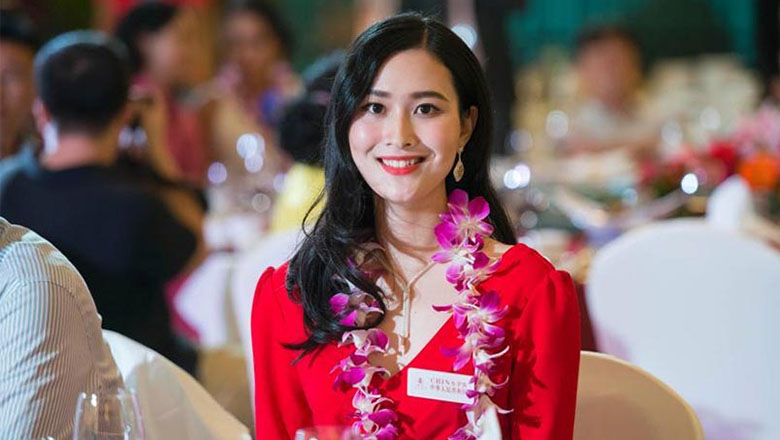
 Miss World 2015 to be crowned in Sanya
Miss World 2015 to be crowned in Sanya
Most Viewed
Editor's Picks

|

|

|

|

|

|
Today's Top News
Chinese president arrives in Turkey for G20 summit
Islamic State claims responsibility for Paris attacks
Obama, Netanyahu at White House seek to mend US-Israel ties
China, not Canada, is top US trade partner
Tu first Chinese to win Nobel Prize in Medicine
Huntsman says Sino-US relationship needs common goals
Xi pledges $2 billion to help developing countries
Young people from US look forward to Xi's state visit: Survey
US Weekly

|

|
